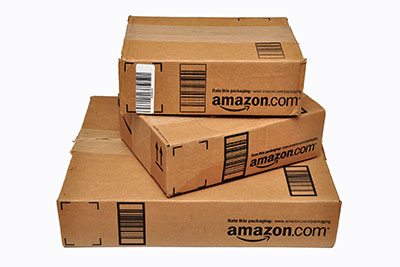
Amazon's Loss Prevention Strategy Lands them in Court
- By Ginger Hill
- Oct 08, 2014
After a hard day working in a warehouse fulfilling orders, I can image that the last thing employees would want to do is stand in a line, waiting to be screened before they are allowed to leave the premises. This is one company’s way of keeping up with loss prevention measures, though, helping to ensure that employees don’t steal any products. 
In an Amazon warehouse in Nevada, two ex-employees, Jesse Busk and Laurie Castro, have filed a lawsuit against the online, retail giant claiming that they should be paid for the two-plus hours per week that they spent outside of their regular working hours waiting in a line to participate in what their attorney, Mark Thierman, calls a “9/11-style security check.” According to Busk and Castro, waiting to participate in these airport-level screenings sometimes took up to 30 minutes.
Thierman argues that the time spent waiting in line should be covered by the Fair Labor Standards Act as it requires workers to be paid for “integral and indispensable” activities outside their regularly-scheduled work hours. He goes on to say that the security check isn’t for safety but to look for stolen items, which benefits the employer and not the public. (I disagree a bit with Thierman. It does benefit the public as employee theft drives prices up; if Amazon is preventing employees from stealing, then prices will hopefully stay affordable.)
Other arguments include that only warehouse workers were subject to the security checks, not executives and that a couple of hours of life was lost waiting in line.
Christine Owens, National Employment Law Project executive director, is involved in the case and as she sees it, if Amazon had a security screening during the workday, the employees would have been compensated for that. She also notes that the U.S. Government has already sided with Amazon’s staffing company, Integrity Staffing Solutions, since the government requires many of its workers to participate in non-work hour security screenings.
For now, the fate of approximately 76 million hourly workers is at the mercy of the U.S. Supreme Court.
(Image: Joe Ravi / Shutterstock.com)
About the Author
Ginger Hill is Group Social Media Manager.